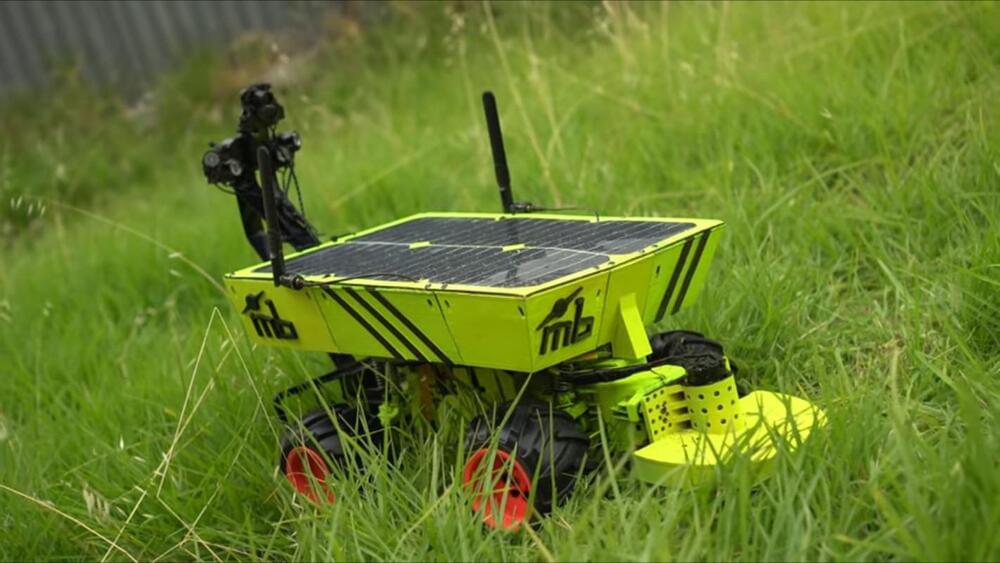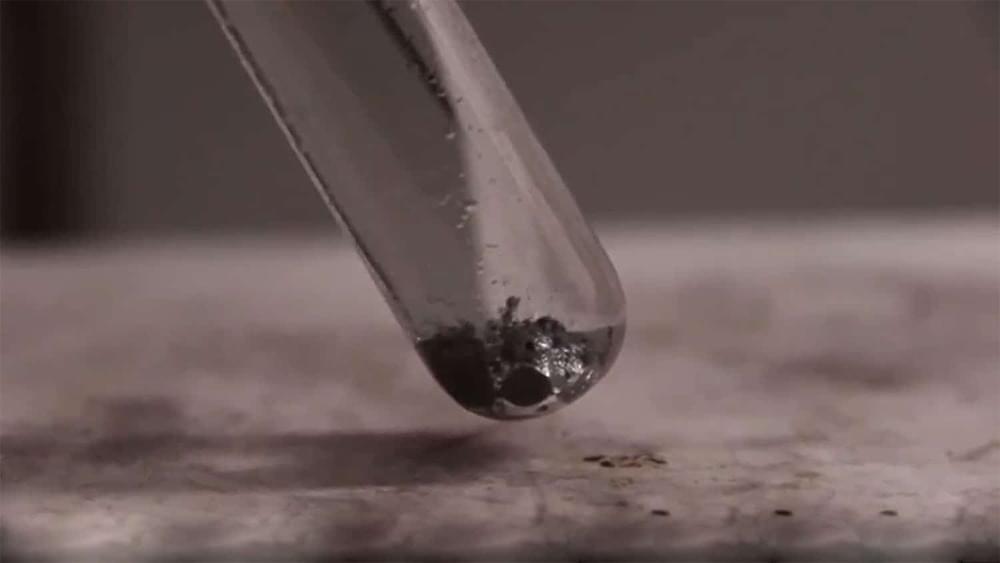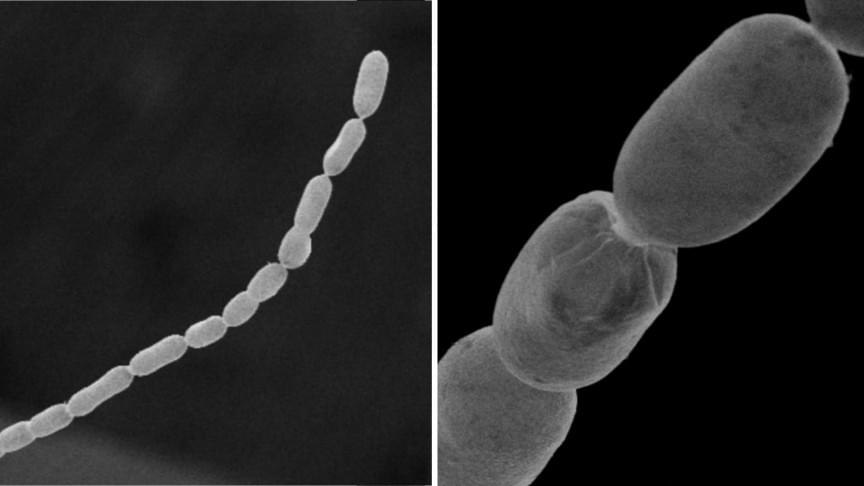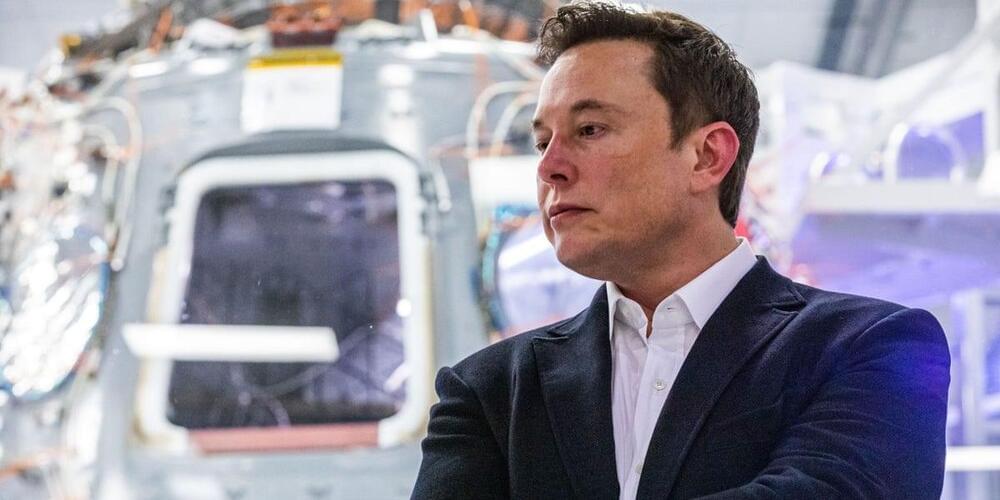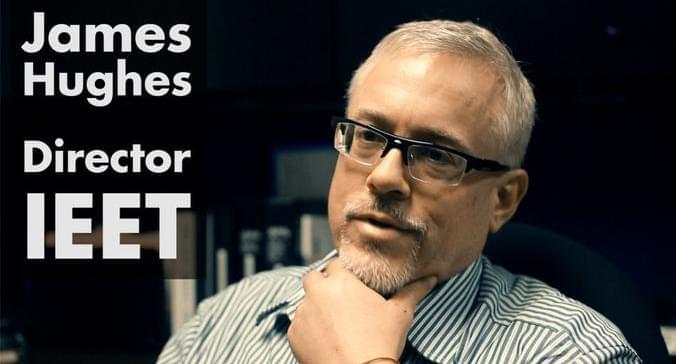Feb 28, 2022
Linus Torvalds prepares to move the Linux kernel to modern C
Posted by Omuterema Akhahenda in category: computing
We all know Linux is written in C. What you may not know is that it’s written in a long-outdated C dialect: The 1989 version of the C language standard, C89. This is also known as ANSI X3.159‑1989, or ANSI C. Linus Torvalds has decided that enough is enough and will move Linux’s official C to 2011’s C11 standard.
The Linux kernel’s foundation is the ancient C89 standard of C. Now, Torvalds has decided to upgrade to 2011’s more modern C11 standard.

